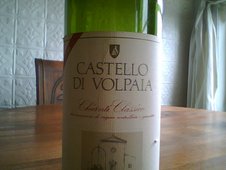A month or so ago, I was invited to a tasting of the Abelour Scotch line. The highlight was Aberlour A’Bunadh, an overproof expression which chimes in at 59.8 percent. Shortly after, I attending a tasting of the new cask strength version of the Irish whiskey Redbreast. It was held at the New York Distilling Company, which last year introduced a new "Navy Strength" gin.
While the liqueur and flavored vodka people flood the market with enough product to ensure that the general abv of available spirits is slowly decreasing, drip by drip, there's no denying that the whiskey world is currently crushing on the idea of cask-strength spirits. And in increasing numbers, the Cognac, gin, and rum folks are getting in on the act, recognizing the category's hypnotic effect on both the mixologist and the booze collector. I predict the next year will see a small rush of cask-strength tequilas. (There's only one at present.)
In general, I applaud this trend. The good ones—the Redbreast and Abelour included, as well as the soon-to-arrive Plymouth and Hayman's Navy Strength gins—are distinct, beautiful spirits. Others are simply more-alcoholic versions of their 40% brothers, but still good. But still others are simply fire-breathing excuses for distillers to milk the customer's wallet. (DeLeón cask strength tequila is very nice, but it costs $300.) Certainly, there's room for consumer abuse here. But, for now, the view is quite lovely.
Here is my New York Times article on the subject:



